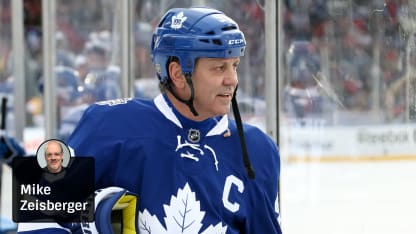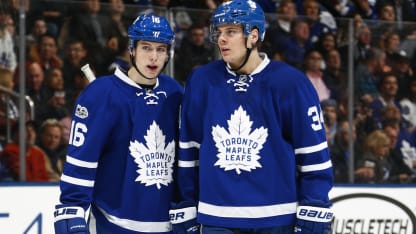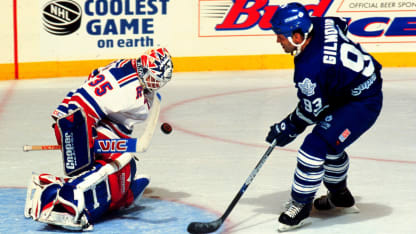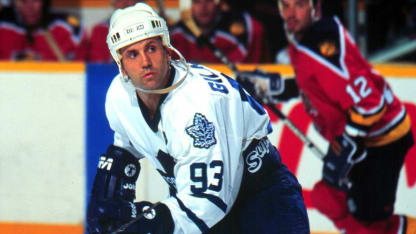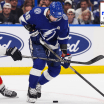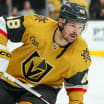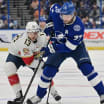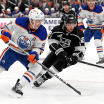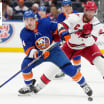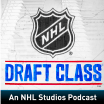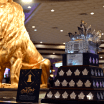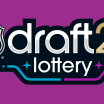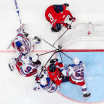With Halloween just around the corner, you once pulled off one of the best hockey disguises of all time. Isn't it true that you once kept fans from rushing you by dressing up like, well, yourself. In other words, Doug Gilmour?
"Yes it is. Back when I played in Toronto, I lived beside Maple Leaf Gardens. It was fan appreciation day so we had a practice that was open. I was right beside the rink. I look out and there's probably about 1,000 people lined up around the block. I'm asking myself: 'How the hell am I going to get in there?' So I had my jersey at home and put it on. Ball cap. Sunglasses. Stood in line for a bit then snuck over to the back door. The security guard says, 'Sorry you can't get in here.' I took my hat and sunglasses off. He saw that and said, 'Oh, Doug, come on in.' It worked pretty well. And I was wearing my Gilmour jersey the entire time."
During your NHL career, from 1983-2003, you were known as a relatively small man (5-foot-11, 177 pounds) playing a big man's game. You took a physical beating on many nights. Now the game seems to have morphed into an exhibit of raw skill where smaller, faster players thrive. Is the sport better now than ever because of it?
"I don't look at it like that. I played in the '80s, '90s, 2000s. It was a different game. When my kids watch video of me playing, say 1993, '94, they're going: 'Dad, what are the rules?' My response: 'Don't trip an opponent or slash too hard. Otherwise there were no rules.' How would I fare now? I don't know. I do know this: Obviously for me, there is one thing I really think they need to do. They need to make the rinks 10 feet wider, five [feet] on each side. We want to see skill. And that would give the skill players that much more time. We're not there to watch a game 2-1. We're there to watch a game that's 5-4. You want to see your skill guys. That's what I love about hockey."
